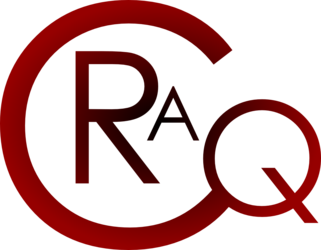
Requirements engineering is a key step in the development of a computer-based system. The success of this step is crucial. However the state of practice reveals many weaknesses both in small and big companies. The CEDIE cell contributes to the improvement of the requirements engineering practices through a number of instruments such as templates, advices, training, review or coaching in requirements writing.
Expertises
Domaine
Factsheet
Requirements engineering is the initial step of every software development. It relies on a number of techniques allowing the stakeholders to express their needs and to understand the development organisation. The aim of requirements engineering is to precisely describe what is required by a software system.
This first step is also the most important one, because the work of subsequent steps will depend on it. Hence, all problems undetected at this level will inevitably reappear later but with consequences and costs far more important. The success of this step and the quality of the produced documents are thus critical. Unfortunately, large surveys have shown that more thant 2/3 of the software projects fails or run over time/budget because of problems at the requirements level.
This is even more critical when the development is externalized and thus important to spend time on the elaboration of this phase to avoid problems such as non-conformance w.r.t. user needs, inadequacy with the environment in which it should operate, etc. The contractual aspect further stresses that importance. It is thus necessary to ensure the quality of the requirements document based on a number of adequate techniques.
The objective of the Cedie is to make such techniques easily accessible to the enterprises of the region and in adequacy with their needs. This help is concrete and active, often taking the form of an implication of the requirements engineering phase of the related project. By this, the approach is integrated in a larger approach to improve quality. It will also give easier access to quality certification and improve the efficiency in the management of sub-contracting. In the end, it will boost the competitiveness of the IT enterprises.
The CEDIE has delivered guides and templates enabling the improvement of a number of documents related to requirements engineering: requirements documents, tests plans, model types, etc). Those ensure a certified quality enhancing the corporate image of the IT products and enterprises of the Region.
A number of enterprises have benefited of the direct expertise of the Cedie. The majority of those are actives in the design of software requiring high quality, for example in the transport and telecom sectors.